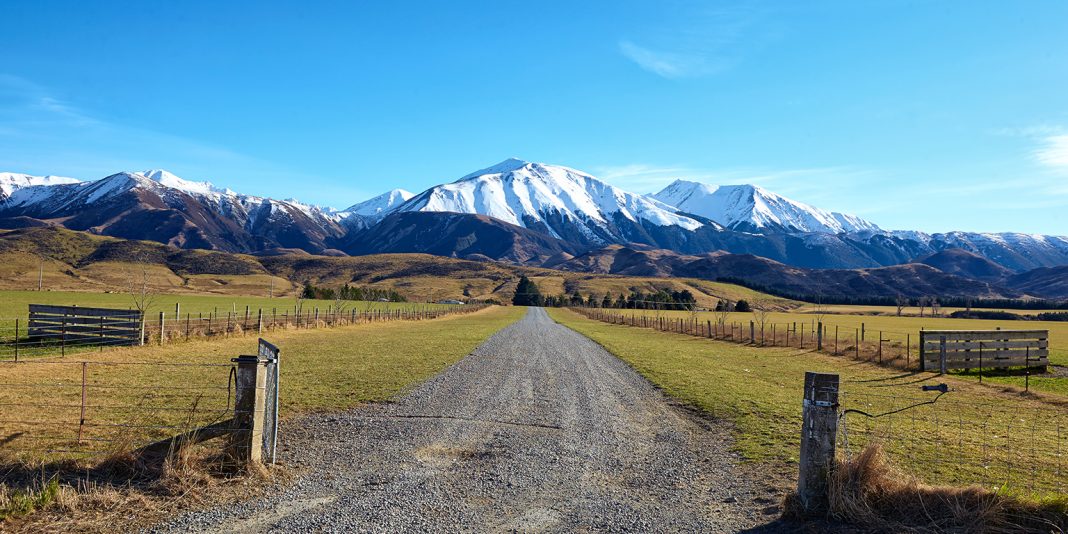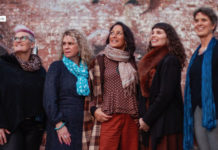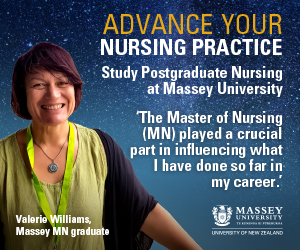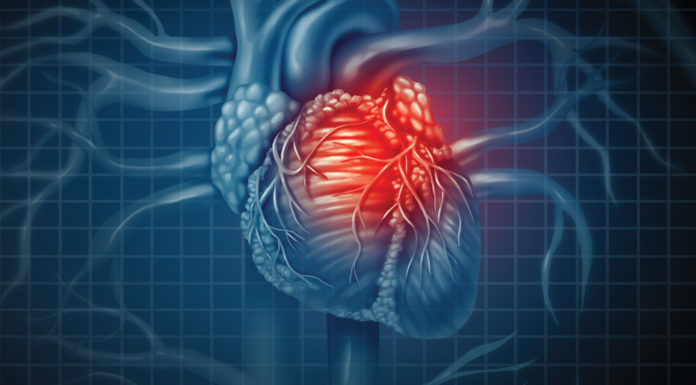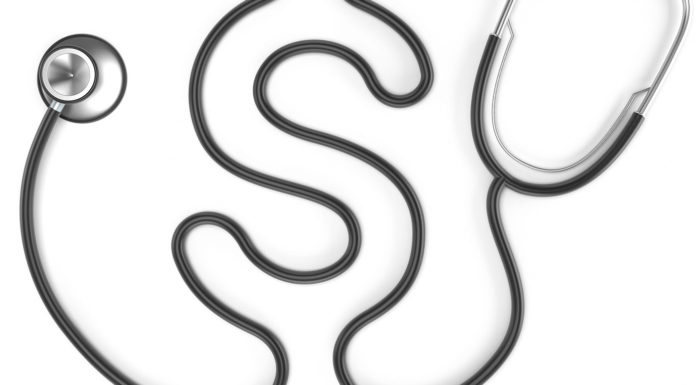 The days leading up to surgery can leave patients fretful and anxious. What if listening to bamboo flute music on an iPod or viewing images of mountains or swimming turtles on an iPad could help to allay some of that fear and distress that can hinder healing?
The days leading up to surgery can leave patients fretful and anxious. What if listening to bamboo flute music on an iPod or viewing images of mountains or swimming turtles on an iPad could help to allay some of that fear and distress that can hinder healing?
That is a question that Margaret Hansen, professor of nursing at the University of San Francisco, is keen to find out. She presented the findings of her feasibility pilot – into delivering complementary therapies via mobile technologies to surgical patients in Iceland – to the Nurse Informatics Conference, which was held in conjunction with the Health Informatics New Zealand (HINZ) conference late last year in Auckland.
In 1987 Hansen was diagnosed with an malignant but operable brain tumour. In the days leading up to her surgery she was introduced to a visualisation technique aimed to help prepare her for surgery.
Using the technology of the day – a cassette tape deck – she listened to around two hours of recordings that led her through visualising her blood cells attacking the tumours in her brain. She says this visualisation technique significantly reduced her anxiety and fear and improved her post-operative healing.
Nearly three decades on, Hansen says this experience influenced her research into using complementary therapies to assist surgical patients. She also has a research interest in using mobile technologies to promote patient health and wellbeing and to enhance student learning.
Hansen says she chose to present on her complementary therapies feasibility study, which she carried out while on a Fulbright Scholarship to Iceland, for the Auckland conference because she “really, truly believed that New Zealand has a rich history of turning to nature – both the beach and the bush – to soothe and heal”.
She says there is growing evidence to back the idea of nature aiding healing and one influence on her study was a book called Blue Mind by marine biologist Wallace J Nicholls, which looks at the effects that being near or in water can have on people.
Her resulting study, which randomised 105 day surgery patients in Iceland to either one of four complementary interventions (delivered via mobile technologies) or a control group, confirmed the feasibility of using the technologies in a clinical setting without disrupting staff or causing physical complications.
And although the pilot study didn’t show any statistically significant differences in anxiety, pain levels, or perceived self-efficacy between the four intervention and one control group, there were “some interesting trends towards significance”.
In addition, among the group participants there were statistically significant findings, especially in the increase in perceived self-efficacy scores. Hansen believes that continued empirical research into the helpful effects of nature for peri-operative patients coping with anxiety and pain, and self-efficacy in healing, is merited.
The four interventions used in the study, published in 2015 in the Journal of the International Society for Complementary Medicine Research, were: audio relaxation technique (ART) or music intervention (MI), both delivered by iPod, or a nature video app with music (NVAM) or nature video app without music (NVA) that were both delivered on an iPad.
The participants were encouraged to listen and/or view the interventions twice a day – for a minimum of 15 minutes each time for each of the four days prior to surgery day and each of the five days following discharge from hospital.


